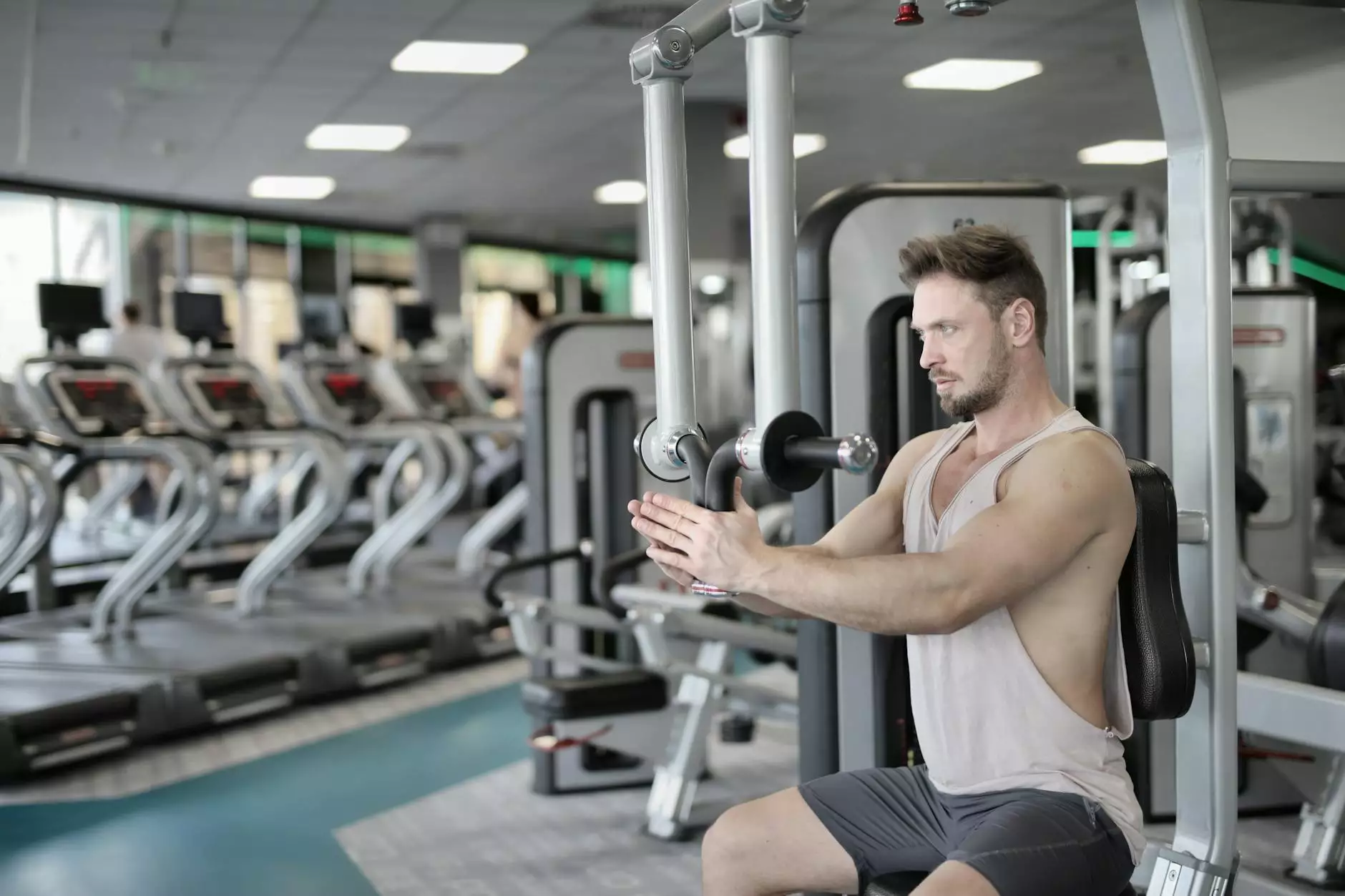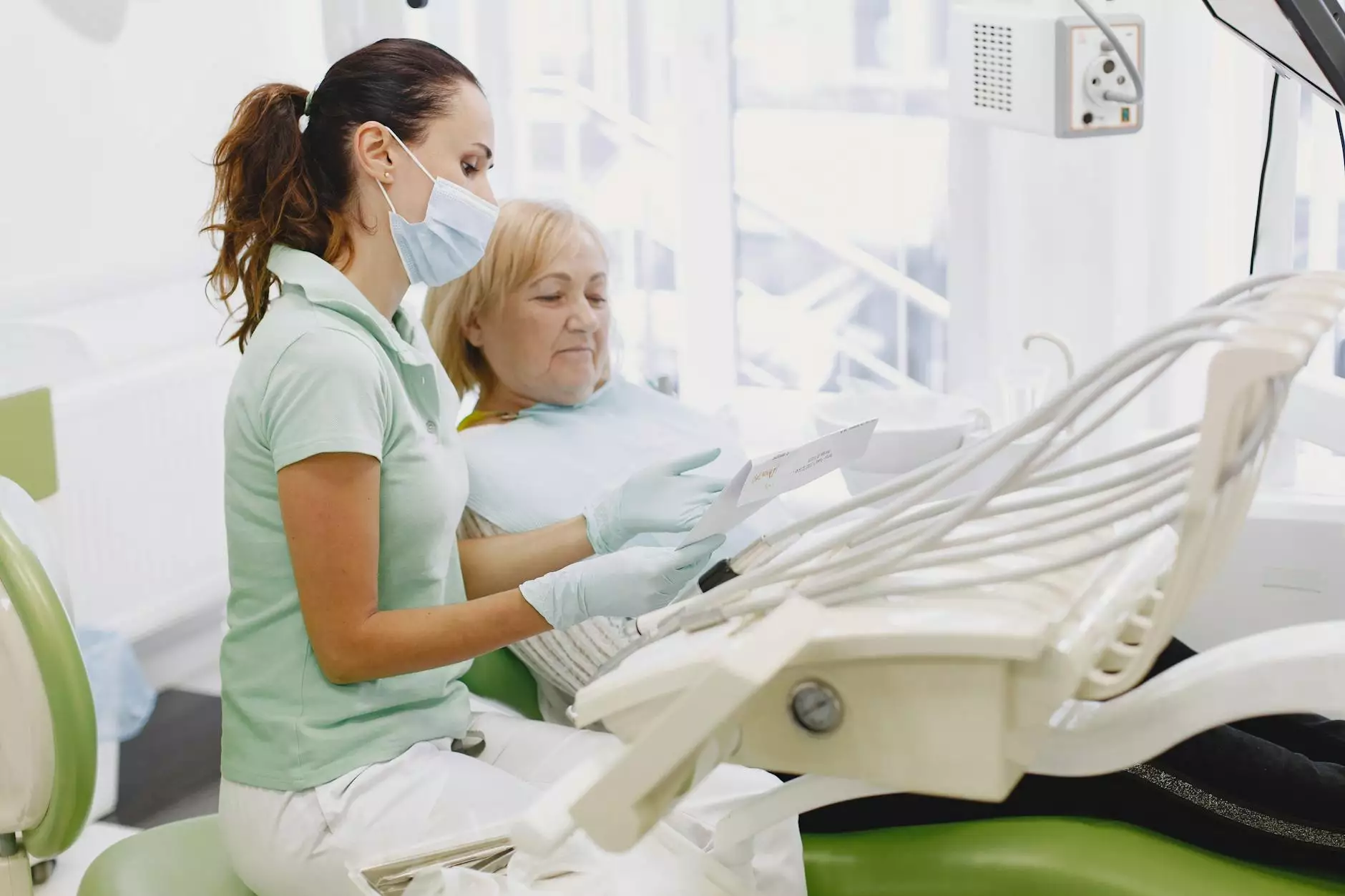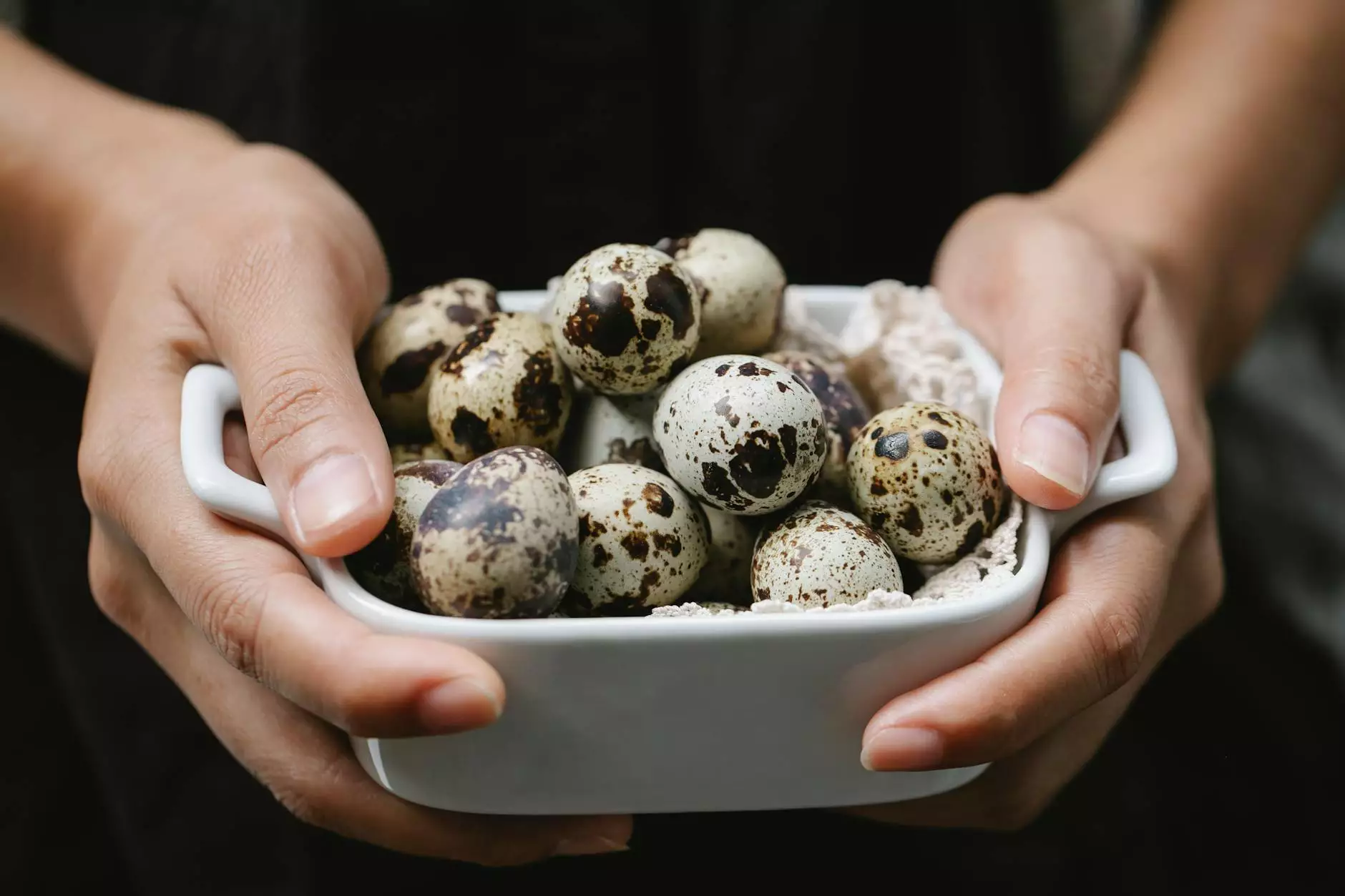Splinting and Rectocele - An In-depth Guide
Patient Reviews
Introduction
Welcome to Gentle Rolfing's comprehensive guide on splinting and rectocele. In this article, we will explore the connection between splinting and rectocele, offering valuable insights, tips, and suggestions to effectively manage rectocele symptoms.
Understanding Rectocele
Rectocele, also known as posterior vaginal wall prolapse, is a condition that occurs when the rectum protrudes into the back wall of the vagina. This condition often leads to symptoms like difficulty in passing stools, a bulge or pressure sensation in the vagina, and incomplete bowel movements.
What Is Splinting?
Splinting refers to the act of manually supporting or bracing the rectal area to prevent prolapse during bowel movements. Many women with rectocele engage in splinting as a temporary measure to enhance bowel movements.
The Connection between Splinting and Rectocele
Splinting is commonly associated with rectocele as it can help alleviate the discomfort and improve the efficacy of bowel movements. However, relying on splinting for a long period of time can potentially worsen rectocele symptoms and lead to further complications.
Managing Rectocele Symptoms
While splinting may provide temporary relief, it is important to address the underlying causes of rectocele and adopt holistic approaches for long-term management of symptoms. Here are some helpful suggestions:
1. Pelvic Floor Exercises
Pelvic floor exercises, also known as Kegel exercises, can help strengthen the muscles supporting the rectum and vagina. Regular exercises can improve muscle tone, reduce rectocele symptoms, and prevent further prolapse.
2. Diet and Lifestyle Modifications
Adopting a high-fiber diet can promote regular bowel movements and alleviate constipation, which often contributes to rectocele symptoms. Additionally, maintaining a healthy weight, avoiding heavy lifting, and practicing proper body mechanics can reduce the strain on the pelvic floor.
3. Seeking Professional Help
If you are experiencing persistent rectocele symptoms, it is essential to consult a healthcare professional specialized in women's health. They can provide a thorough diagnosis, suggest appropriate treatment options, and guide you in the management of your condition.
The Role of Gentle Rolfing
Gentle Rolfing is committed to promoting holistic well-being and providing effective solutions for rectocele management. Our experienced practitioners utilize gentle hands-on techniques to release tension and realign the body, aiming to improve pelvic floor function and alleviate rectocele symptoms naturally.
Conclusion
Rectocele can significantly impact daily life, but with the right knowledge and strategies, it is possible to manage the condition effectively. Remember to address the underlying causes, seek professional help, and consider holistic approaches like Gentle Rolfing to enhance your overall well-being.









